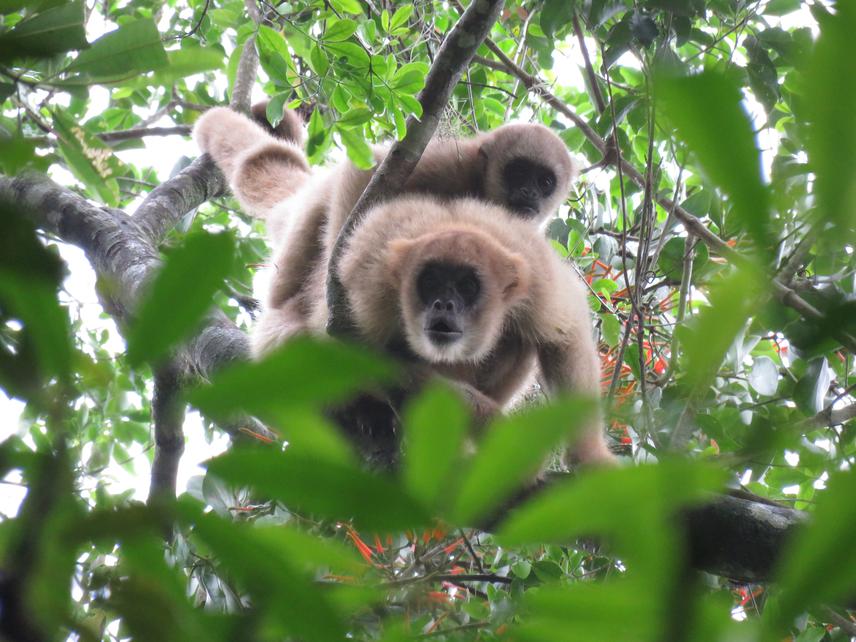Andre Monnerat Lanna
To evaluate the conservation status of the Muriqui in a strategic conservation area of the Atlantic Forest. By assessing population size, as well as habitat use along an altitudinal gradient, we will be able to understand how effective the protected areas are.

The Atlantic Forest is one of the 34 world hotspots of biodiversity and currently only 11.7% of its original cover has remained, of which more than 80% are smaller than 50ha. The Southern Muriqui (Brachyteles arachnoides) is an endemic species of the Atlantic Forest Biome and is currently restricted to a few localities, particularly at the Serra do Mar region.
This project will evaluate the conservation status of the Muriqui in a strategic conservation area. By assessing population size, as well as habitat use along an altitudinal gradient, we will be able to understand how effective the protected areas are. Information collected will allow the development of a more effective management conservation. Strategic areas that act as corridors for the species will be identified, and defined as priorities for management plans for increasing the connectivity of isolated fragments.
The results from this work will catalyse the search for solutions for the conservation of the Muriqui as well as other species which as under the umbrella of the former. Not only will we contribute to the conservation of the species, but also to the habitat protection and to reducing possible conflicts with local populations by generating and disseminating knowledge applied to conservation.
Concomitantly, we will also perform a comparative analysis regarding different methods for primate population studies. We will test the effectiveness of camera trap for the population assessment and habitat occupation of the Muriqui. These data will be compared to the ones collected through active search. The conclusions will subsidize the development of more effective methods for inventories for species that live in low population densities and in remote areas. The importance of having robust methods is that these are usually species threatened by hunting, and thus tend to step away from any humans, including researchers, reducing detectability of active search.